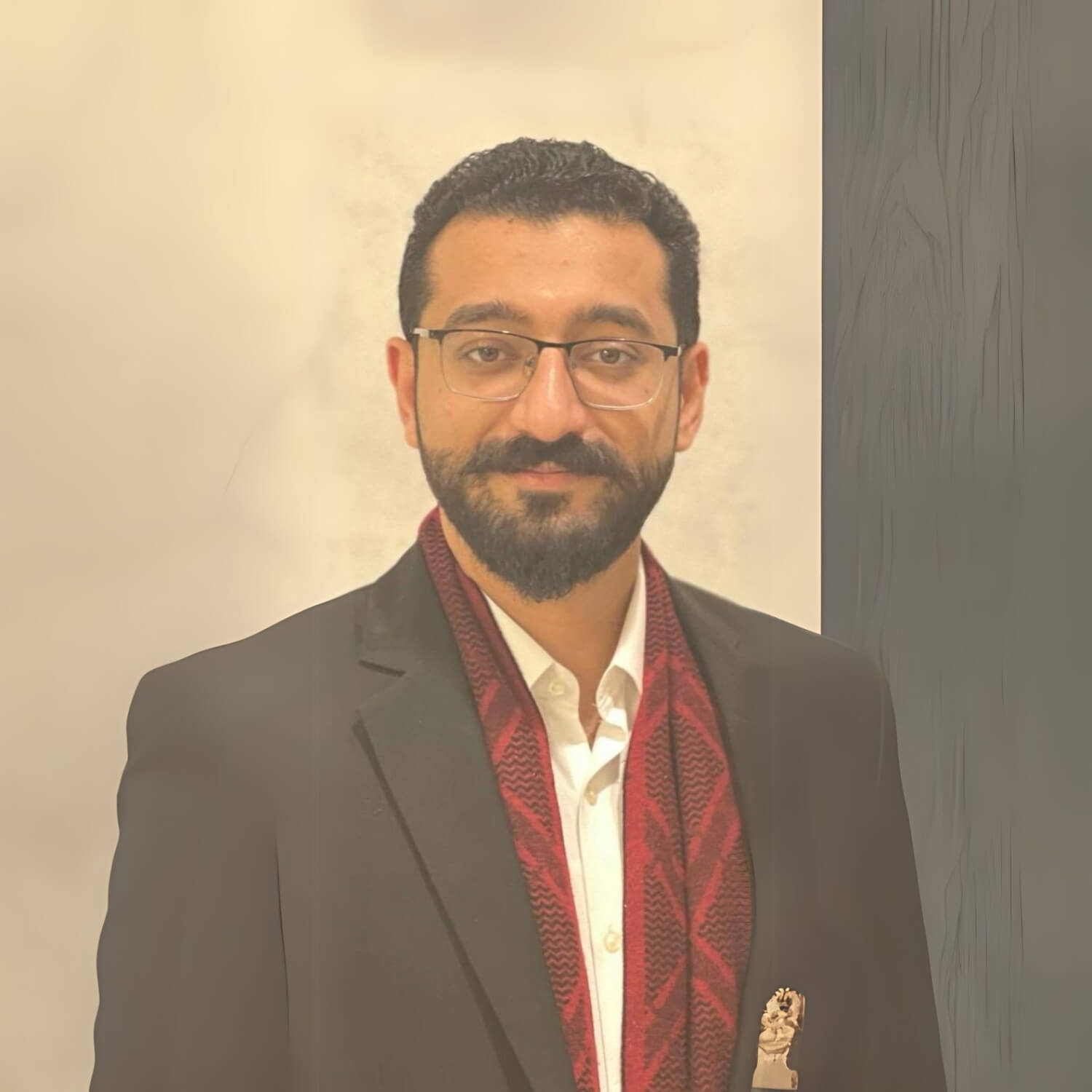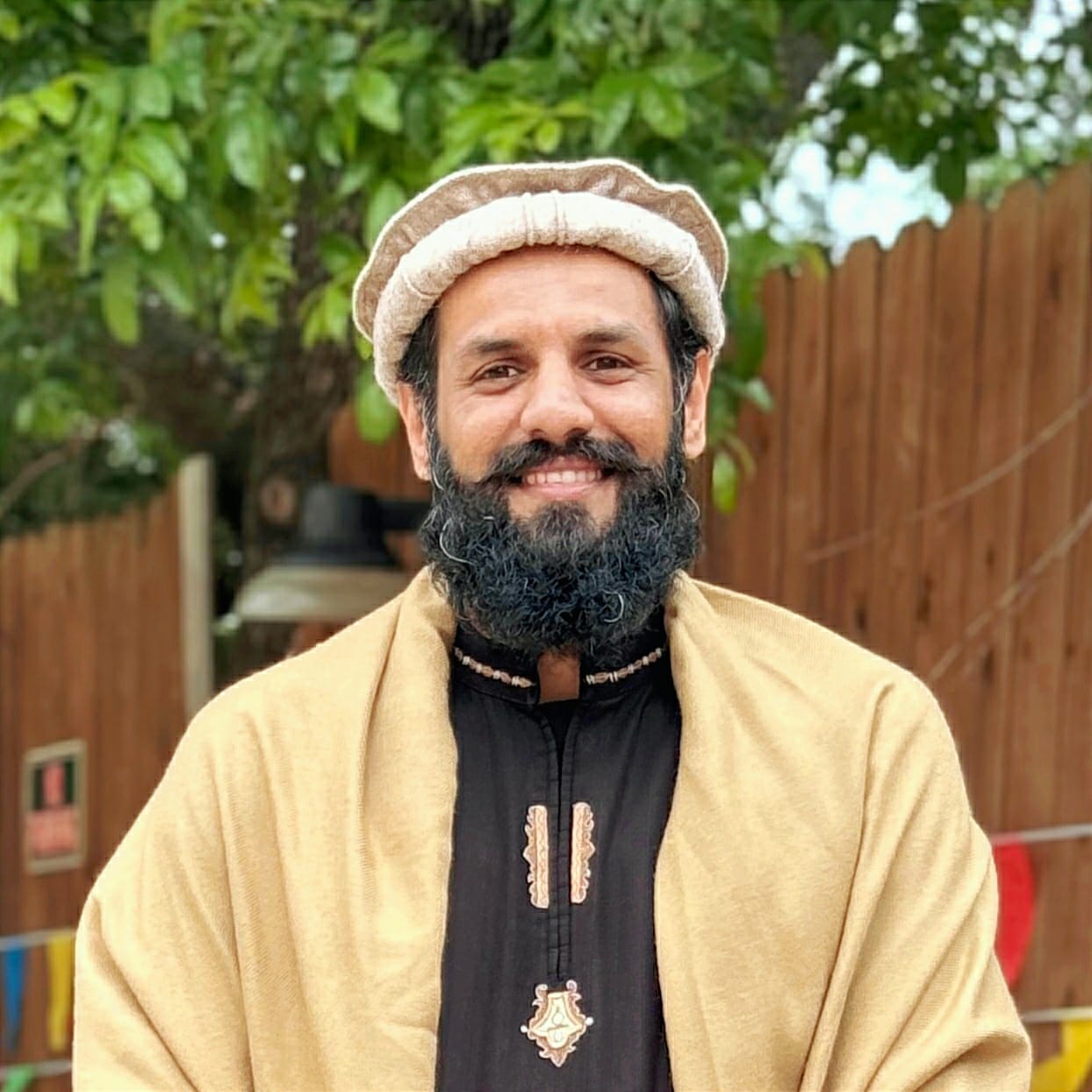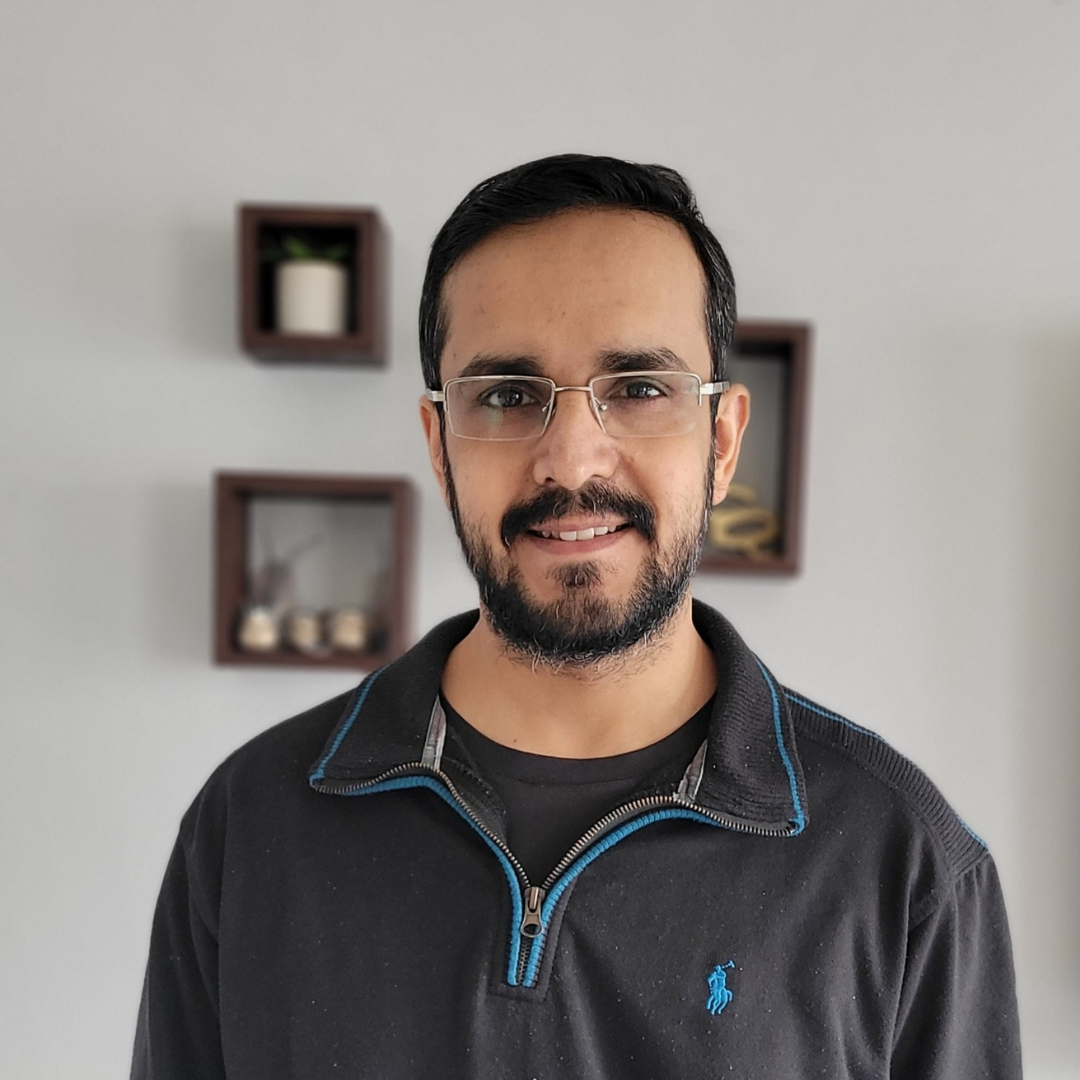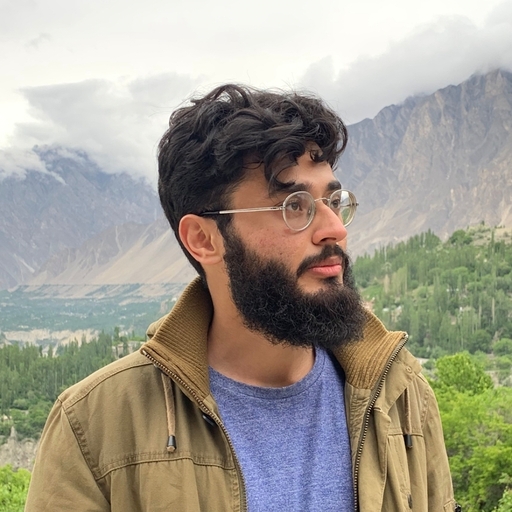This workshop will demonstrate to you the significance of the Beautiful Names of Allah in the Islamic tradition from a vantage point that has been in the blind spot of mainstream scholarship for at least two centuries. It will establish the need for this perspective and identify the possibility of a unique calling for young Muslim scientists and thinkers, if Allah wills.
Saturday & Sunday, June 21 - 22
Saturday & Sunday, June 28 - 29
We read certain ayaat of the Holy Qur’an in a way that presents “ilḥād” and “du’ā” as general attitudes to the Beautiful Names and their consequences.
We consider indications in religion, science and philosophy of the claim that naming is a learned trait that dynamically differentiates human beings from animals.
We see how mainstream religious, scientific, and philosophical scholarship has named their respective objects of study in a way that leaves the student with a thoroughly fragmented attitude toward Reality. We consider indications from Islamic tradition of the claim that Muslim scholarship cannot get away with this approach without undermining the unique identity of their religion in the world.
I present how we intend to approach the Beautiful Names at Al-Asmaa Institute—what it offers to the young Muslim scientists and thinkers wondering about their place in the world and what it can offer to other communities.


PhD Political Psychology
Georgia State University, USA
The course and the instructor were brilliant in highlighting the uniqueness of human beings as ‘naming beings’ – something which Muslims attach a superficial importance to.

PhD (Candidate) Psychology
University of West Georgia, USA
This workshop is quite powerful in its ability to suggest or intimate certain possible avenues of inquiry. The discussions in the workshop got me thinking: if these Asmaa are not absolutely cut off from nature, life, and culture but are intimately and inextricably intertwined with them, what is their meaning in terms of the psychological attitudes that they affect and demand in those who take them seriously? And what are the effects that ensue when they are forgotten, neglected, and ignored? Are the Beautiful Names of God there only to be chanted repeatedly or do they suggest particular kinds of personality? I believe that treating Beautiful Names as “just names” is a gross disservice to/by those who hold them sacred.

PhD (Candidate) Philosophy
University of North Texas, USA
It was a truly insightful and transformative experience for me. The course offered a unique perspective on understanding Allah (SWT) through His Beautiful Names, grounded in a method that takes historical, cultural, linguistic, and empirical accounts with the utmost seriousness. This approach is not only unheard of but also intellectually invigorating and deeply refreshing. It is truly a “re-introduction,” as it signifies something that has been overlooked for far too long. While we have heard and memorized the Names of Allah (SWT), and many explanatory iterations are found in Muslim history, this course uniquely explores what it takes to internalize these blessed Names in the modern era. It addresses the preconditions, necessary steps, and the imaginative capacity required for such internalization, which I believe are both urgent and imperative for young Muslims today.

PhD (Candidate) Physics
University of Mississippi, USA
What this workshop has done for me is that it has helped me to look at dichotomies wherever they appear in the modern sciences as ideas that can induce new possibilities rather than forcing us to choose either side of the dichotomy. For example, Allah (SWT), the creator of the material world, is both Al-Zaahir and Al-Baatin, Al-Awwal and Al-Aakhir—He’s not either of the two. What implications does that have for His created world? The workshop posits that having both of these conflicting attributes at the same time means more richness for the material world. And so I want to learn this attitude of looking at all dichotomies in general and apply it specifically to the case that I’m studying where the question is: what is the fundamental nature of Einstein’s space-time? Is it discrete at the smallest scale, or is it continuous?

MS Counselling Psychology
University of Sheffield, UK
It was a great pleasure to participate in the Al-Asmaa Institute’s course with such a unique take on The Beautiful Names of Allah! Considering the noble aims of the institute, I did expect the time invested to be totally worth it—but I could not imagine that the beauty and benefits would be of such a level to fill us with great wonders and leave us with eagerness for more. This is especially the case with connecting with names of Allah inside-out and a demand to be conscious of attitudes underpinning our understanding of contrasts and the reading of ayaat! The demand is huge! So are the possibilities forward! As the journey continues, I am filled with gratitude for such invaluable reminding, reconstructing and reclaiming what it means to be a Muslim!

MSc Business Ethics
Birkbeck, University of London, UK
The course was highly thought-provoking. It gave us new and fresh ways of looking at God’s names and expanding our perspective of them beyond the customary understanding that is limited strictly to religious rituals etc. It also highlighted a problematic attitude towards all sorts of ‘names’, not just God’s names – but ‘names/concepts/definitions’ in secular sciences as well.

MSc (Candidate) Physics
Humboldt University of Berlin, Germany
The course was well worked out and systematic. Illustrations helped a lot. Instructor was urging class to participate which is really appreciated. It was not a lecture but an interactive session, which made it more personal. It definitely added a lot to the previous understanding of the concepts presented.

BS Computer Science
Lahore University of Management Sciences, Pakistan
Current popular discourse has resulted in internally fragmented humans unable to deal with (much less explore and cultivate) the reality of contrast. This has affected academia, our religious understanding, and even the way we go about our day-to-day lives. Al-Asmaa’s workshop is an excellent resource for those wanting to explore the roots of this issue while also offering a unique glimpse into how we can generate a more fruitful relationship with Allah via an understanding of His Names under a framework that allows us to celebrate contrast, not just ignore or repress it.

BS Earth and Environmental Sciences
Bahria University, Pakistan
Attending the workshop on the Beautiful Names of Allah was a truly eye-opening experience that continues to resonate with me weeks later. It was not just a session of learning but a journey of deep reflection on our understanding of Beautiful Names. The discussions on ugly contradictions, beautiful contrasts, and the duality of nature left a profound impact, challenging me to see the world—and myself—through a new lens. What struck me most was the exploration of the duality found within the Beautiful Names of Allah, reminding me of the harmony within seemingly opposing forces—Al-Qahhaar and Al-Ghaffar, Al-Adl and Ar-Raheem, Al-Hayy and Al-Qayyum, Al-Awwal and Al-Aakhir. This realization shook me to my core and continues to guide my thoughts as I navigate challenges and seek meaning.

BS (Candidate) Physics
International Islamic University, Pakistan
As a university student and a Muslim, I often found myself grappling with the perceived gap between my faith and my scientific education. Abdullah bhai’s emphasis on the beautifully contrasting names of Allah offered me a fresh perspective that bridged this divide. His approach not only deepened my understanding of how these areas complement each other but also equipped me with tools to integrate fragmented concepts within my scientific studies. I strongly recommend this course to anyone in academia—whether in religious or scientific fields—for its ability to harmonize diverse areas of knowledge.
This course is open to all students.
No, there are no prerequisites for this course.
The course is divided into four sections, descriptions of which are given in the Course Outline.
The duration of the course is 12 hours spread over 4 days.
The course will be delivered in fully online.
No, there is no required textbook.
No, there will be no recordings of the lectures. Students will have to diligently take notes and network with their fellows if they miss something.
Click here to find out the process.
You can reach the team via info@al-asmaa.org. You can also leave a message on our Facebook or Instagram page. The team will reply within 1-2 business days in shaa Allah.